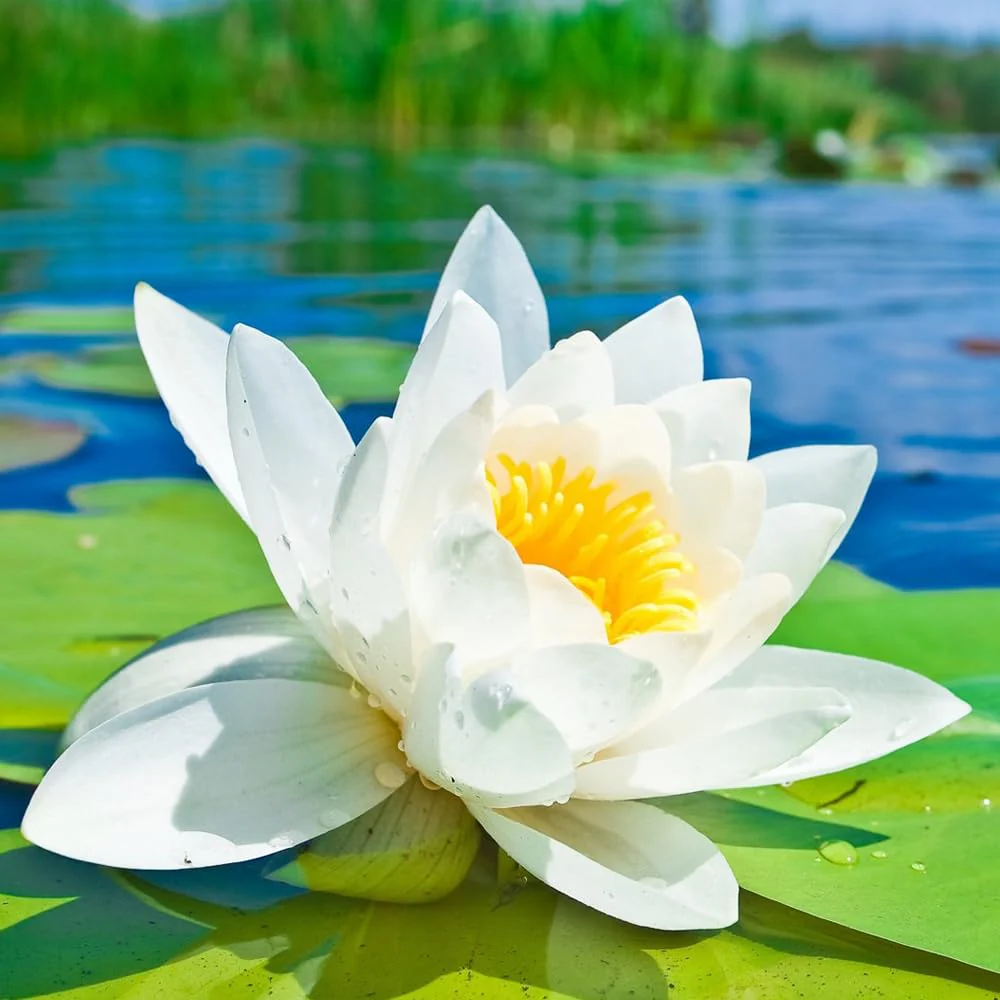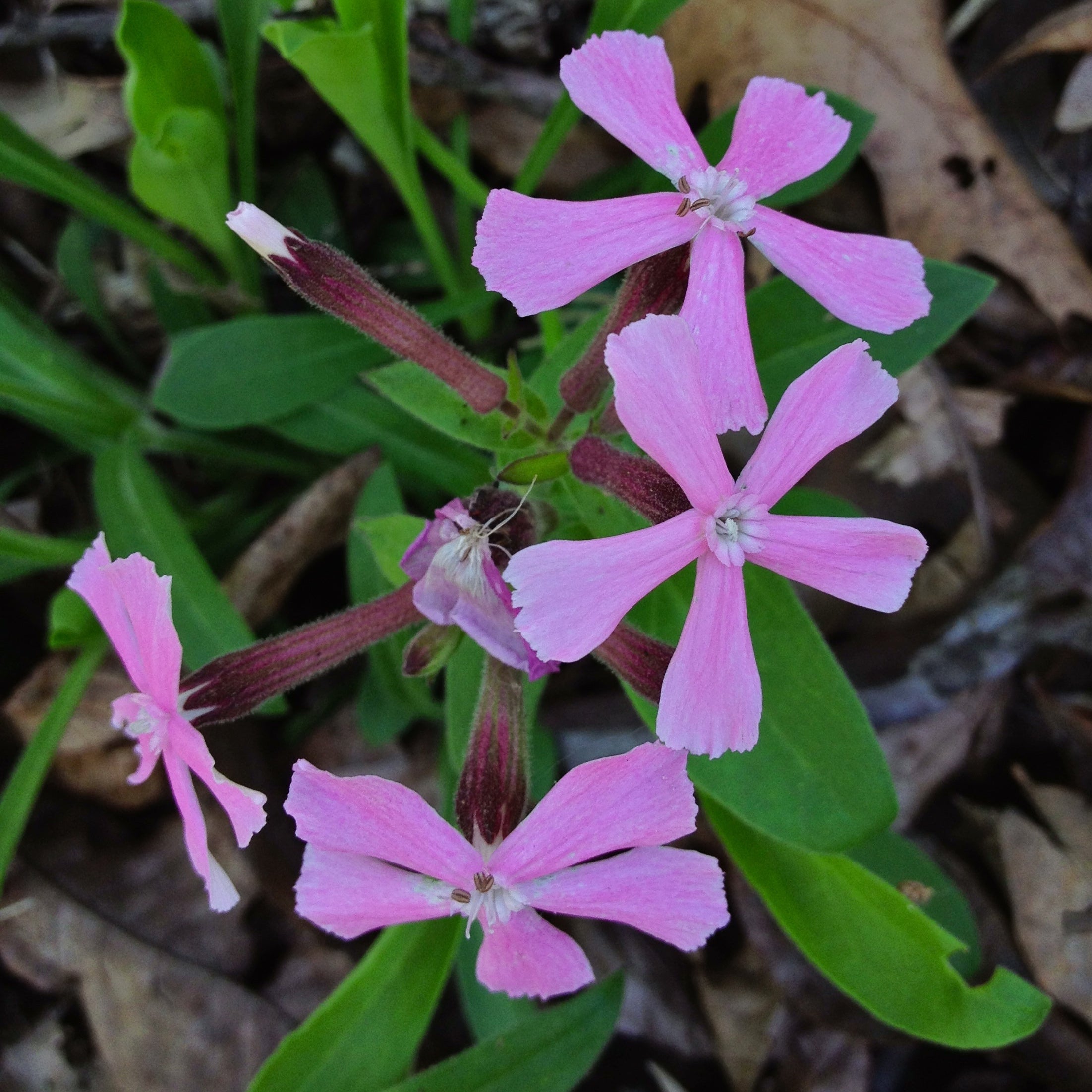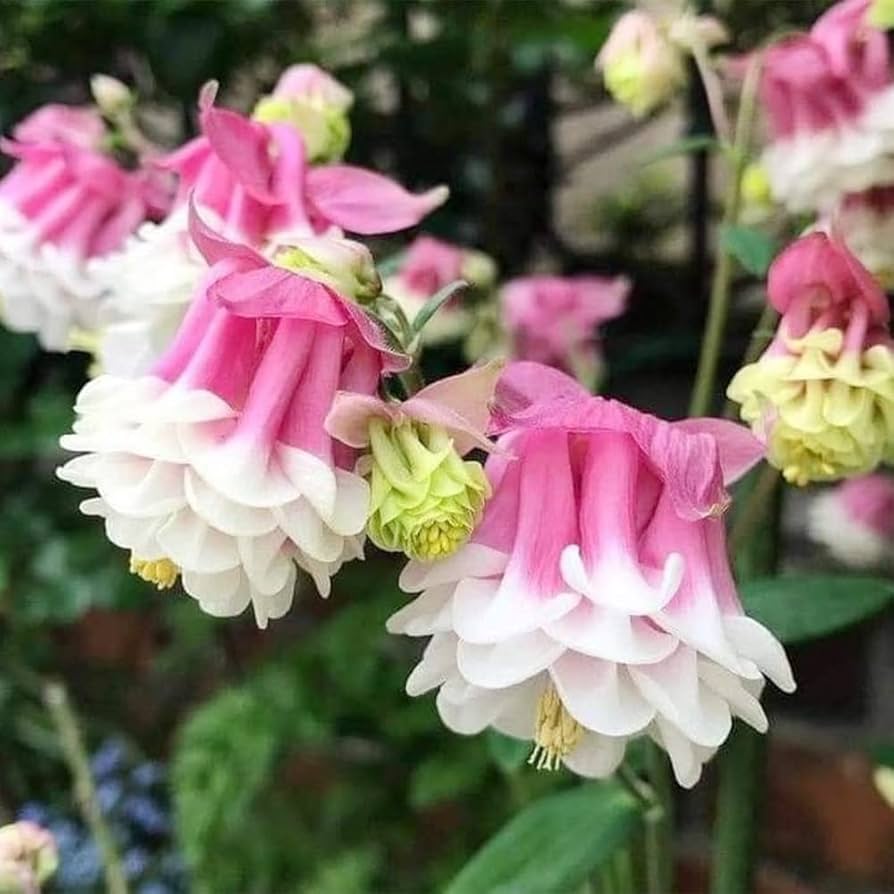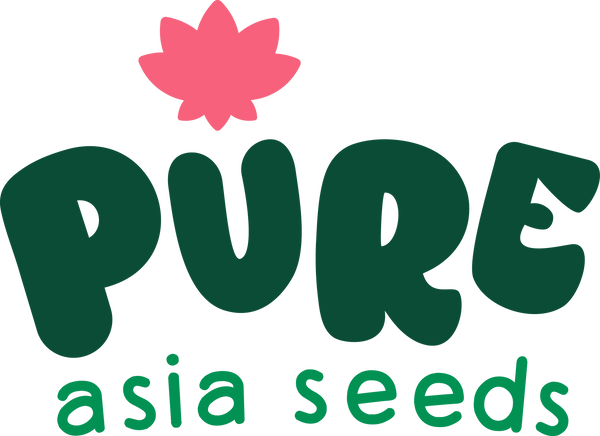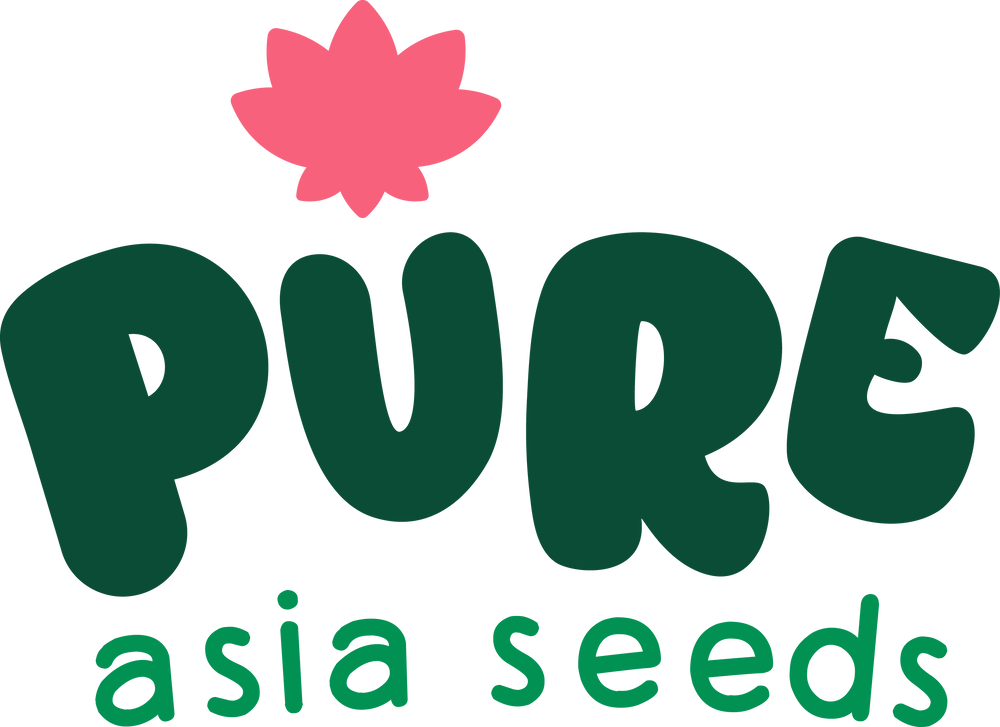Grow your own healthy, chemical-free food right from your backyard or balcony with these organic gardening tips.
Introduction
Organic gardening is more than a trend—it’s a lifestyle. It means growing your fruits, vegetables, and herbs naturally, without synthetic pesticides or fertilizers. Whether you’re working with a big backyard or just a few containers, organic gardening can be rewarding, sustainable, and nourishing for you and the environment.
Let’s walk through the ultimate guide to starting and maintaining an organic garden at home.

1. Understand What Organic Gardening Really Means
Organic gardening avoids chemical fertilizers, synthetic pesticides, and genetically modified seeds. It focuses on:
-
Natural pest control
-
Compost and organic soil amendments
-
Crop rotation and companion planting
-
Sustainable water use
Everything you do supports healthy soil, biodiversity, and ecological balance.
2. Start with Healthy, Organic Soil
The key to organic gardening is living soil—rich with microbes, earthworms, and organic matter.
-
Use compost, aged manure, and natural mulch
-
Avoid chemical soil additives
-
Test your soil’s pH and nutrient levels (optional but helpful)
You can also create your own compost from kitchen scraps like fruit peels, coffee grounds, eggshells, and garden clippings.
3. Choose Organic Seeds and Plants
Always start with non-GMO, untreated, and preferably heirloom seeds.
At pureasiaseeds.com , we offer a wide variety of vegetable, herb, Flower, and fruit seeds suitable for organic growing. Look for open-pollinated varieties and rotate your crops each season.
4. Natural Pest and Disease Control
Skip the chemicals and go for natural solutions:
-
Neem oil spray
-
Garlic or chili spray
-
Companion planting (e.g., marigolds deter aphids)
-
Introduce beneficial insects like ladybugs and lacewings
Regularly inspect your plants for pests and disease. Early action is key.
5. Water Wisely and Sustainably
Organic gardening includes mindful water use:
-
Water early in the morning or evening
-
Use a drip irrigation system or watering can
-
Mulch heavily to retain soil moisture
Rainwater harvesting is another great way to make your garden more sustainable.
6. Use Natural Fertilizers and Boosters
Avoid synthetic fertilizers. Use:
-
Compost tea
-
Vermicompost
-
Banana peel water
-
Bone meal, seaweed extract, or fish emulsion
These improve soil fertility naturally and promote long-term health of your plants.
7. Practice Crop Rotation and Companion Planting
Rotating crops prevents soil depletion and reduces pest buildup. For example:
-
Don’t plant tomatoes in the same spot every year
-
Grow beans after leafy greens to replenish nitrogen
-
Pair basil with tomatoes, and carrots with onions
8. Harvest Thoughtfully
Harvest vegetables when they are ripe and healthy. Use clean tools and don’t damage the plant.
-
Frequent harvesting encourages more growth
-
Store produce properly to reduce waste
-
Share extras with neighbors or compost scraps
Final Thoughts
Organic gardening isn’t just about what you grow—it's how you grow it. With the right seeds, soil, and practices, you can create a productive garden that’s good for you and the planet.
pureasiaseeds.com is here to support your organic journey with carefully selected seeds, helpful guides, and the joy of growing your own food—naturally.

